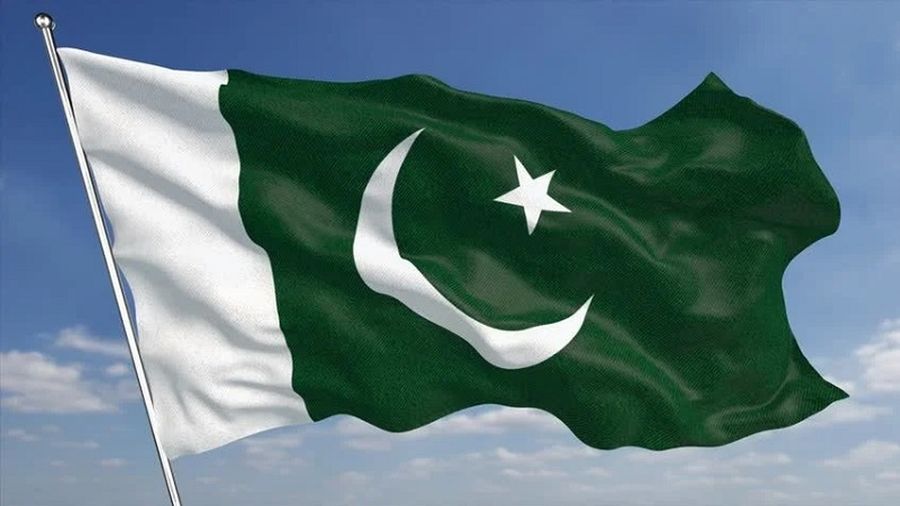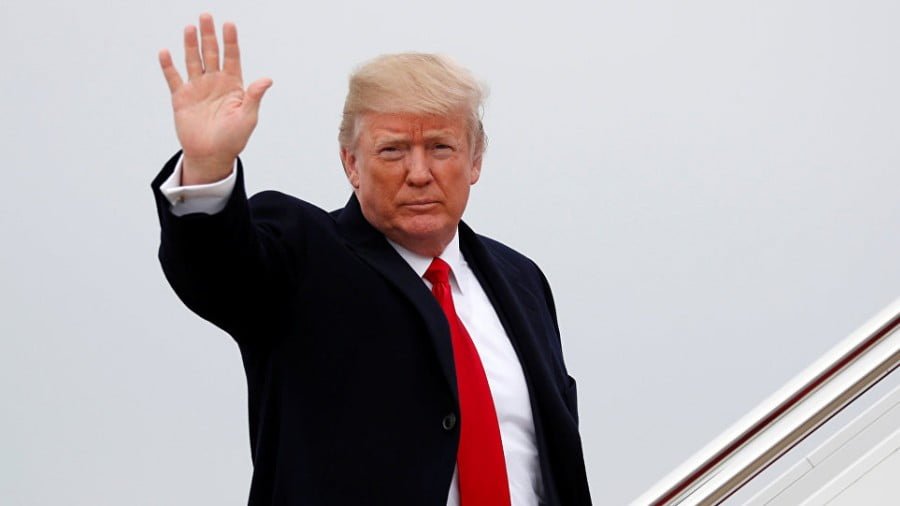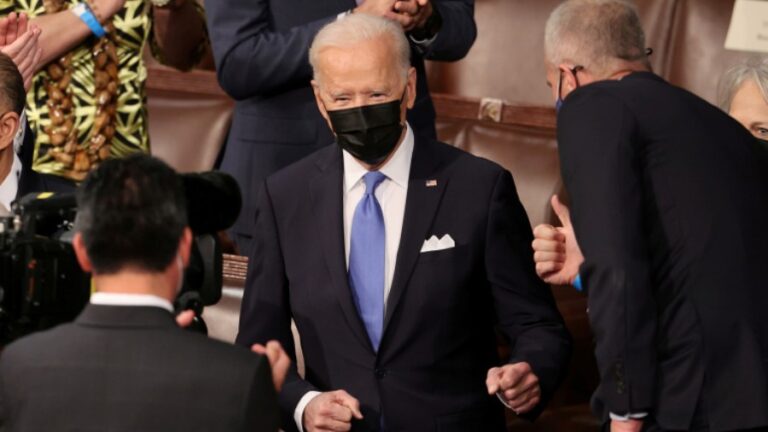The Soft Power Consequences of Pakistan’s Latest Regime Change
Everything that happened led to the perceptions that were described, which go against the country’s national interests as articulated by the former government in its newly promulgated National Security Policy from January. That said, these same national interests might be redefined by the incoming authorities, which would say a lot about their intentions if it happens.
The Pakistani opposition successfully ousted former Prime Minister Imran Khan following the passing of their no-confidence motion against him. His government claimed that this process was the product of an American regime change operation that was launched against him as punishment for his independent foreign policy, especially the geostrategically game-changing consequences of his country’s rapid rapprochement with Russia. This sequence of events strongly suggested the existence of two distinct schools of thought in Pakistan’s Establishment: pro-US and multipolar. It’ll also have soft power consequences that the country will struggle to manage and which form the basis of this piece.
The regime change scandal leading up to Saturday’s ouster of former Prime Minister Khan means that the new authorities are suspected by many at home and abroad of being illegitimate US proxies. There will also continue to be questions about the role that The Establishment played in events, with many convinced that the pro-US school of thought within that institution at the very least passively facilitated everything irrespective of whether or not they extended credence to the ousted leader’s claims that it was a foreign regime change operation. The perception of Pakistan reverting back to being pro-US instead of multipolar might also affect some of its partnerships abroad.
There’s also the fact that the vast majority of the Pakistani media immediately united against the former Prime Minister, which suggests that these individuals aren’t truly independent journalists but self-interested toadies of The Establishment’s pro-US school of thought and/or the US itself directly. Just like with foreign perceptions about The Establishment possibly having reverted back to being pro-US instead of multipolar, so too might the same perception accompany that country’s media and also possibly affect some of its partnerships abroad. Experts from Pakistan’s non-traditional partners might not feel like they’ll be treated fairly if they appear on what they think is pro-US media there, for instance.
Another soft power consequence of Saturday’s successful regime change is that it suggests just how powerful American influence still is inside Pakistan due to suspicions about the entire sequence of events having been the result of a US intelligence operation. Observers might now reconsider a lot of things about that country in hindsight knowing now that US influence was clandestinely growing within it behind the scenes this entire time. This perception suggests that former Prime Minister Khan wasn’t successful in rooting out foreign influence during his tenure, with such influence possibly exploding in the coming future now that he’s out of power and there’s nobody standing in its way anymore.
These three interconnected soft power consequences will be very difficult for Pakistan to manage, though it’s presently unclear whether it’s even interested in doing so. It might very well be the case that these aren’t simply perceptions but factual observations, especially with respect to the return of the pro-US school of thought to policymaking predominance in the country. Those individuals might actually be proud of these perceptions and perhaps think that it’s in Pakistan’s best interests to flaunt them to the entire world, though that would objectively be very risky since the Global South is aghast at what just happened.
In the event that the pro-US school of thought within Pakistan’s Establishment discusses this with their multipolar counterparts and this institution as a whole realizes that it’s in their country’s best interests to manage the earlier identified perceptions connected with its recent regime change, then Pakistan will have to take tangible action to push back against them. Regarding The Establishment, this means that its foreign policy mustn’t change, especially towards Russia. As for the media, suspected toadies mustn’t be allowed to dominate the narrative anymore and the message of their multipolar counterparts should be amplified to balance everything out. Concerning US influence, Pakistan mustn’t waver in rooting it out.
All of this is a lot easier said than done considering what just transpired over the weekend and arguably in the weeks leading up to Saturday’s successful regime change. Everything that happened led to the perceptions that were described, which go against the country’s national interests as articulated by the former government in its newly promulgated National Security Policy from January. That said, these same national interests might be redefined by the incoming authorities, which would say a lot about their intentions if it happens. Since everything remains unclear, observers can only speculate about the future, but there’s no denying the perception that Pakistan might have reverted back to being pro-US.







